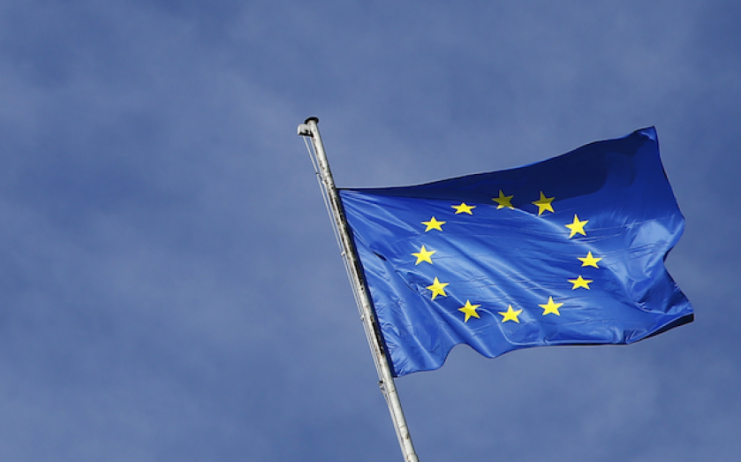European Commission unveils renewable targets in €210bn plan to ditch Russian fossil fuels

The executive arm of the European Union (EU) has pushed the trading bloc to ramp up renewable energy generation and reduce consumption levels, as part of €210bn plans to wean itself off Russian hydrocarbons.
Following the country’s invasion of Ukraine, the EU has both engaged in heavy sanctions against the Kremlin, and scrambled to secure supplies and draw up proposals to cut off its dependence on Russia to meet its energy needs.
The European Commission’s latest proposals – titled RePowerEU – include requirements for 45 per cent of EU energy to come from renewable sources by 2030, replacing the current 40 per cent proposal.
It has also called for EU energy consumption to be cut 13 per cent by the end of the decade against expected levels, replacing its current 9 per cent proposal.
Any legally-binding targets require approval from EU countries and lawmakers, as would any proposed spending commitments.
The more stringent targets were included alongside a €210bn plan for the bloc to end its reliance on Russian fossil fuels over the next five years.
The three-pronged plan includes importing more non-Russian gas, a faster rollout of renewable energy, and more effort to save energy.
Investments would include €86bn for renewable energy, €27bn for hydrogen infrastructure, €29bn for power grids and €56bn euros for energy savings and heat pumps.
This will be achieved through a mixture of EU laws, non-binding schemes, and recommendations to governments in the EU’s 27 member countries, which are largely in charge of their national energy policies.
This is on top of already pledged funds to meet the bloc’s 2030 climate target.
Brussels wants countries to finance the measures using the EU’s COVID-19 recovery fund, which contains more than €200bn of unspent loans.
It will also sell extra carbon market permits from a reserve over the next few years to raise €20bn.
President Ursula von der Leyen said: “RePowerEU will help us to save more energy, to accelerate the phasing out of fossil fuels and, most importantly, to kickstart investments on a new scale.”
EU limps towards sanctions on Russian oil
The EU is currently pushing member states to ensure gas storage is topped up at 80 per cent heading into next winter, while member states such as Germany and Austria have brought in emergency legislation which allows them to take control of supplies if there are shortages.
The trading bloc has depended heavily on US liquefied natural gas (LNG) imports, and aims to have a memorandum of understanding with Egypt and Israel by summer on supplying LNG.
It is also pursuing deals with Canada and Algeria, and will launch a scheme for countries to jointly buy gas to attempt to negotiate better contract terms.
The EU has already announced plans to phase out Russian coal imports this year, and is edging towards an oil ban.
Hungary is the only member state still withholding support, but it has been holding talks with EU negotiators over the proposals – with both sides looking to reach a figure to compensate the country for the economic impact of an embargo.
Currently, the EU relies on Russia for a quarter of its imported oil supplies and 40 per cent of it natural gas supplies.
It has so far not brought in any restrictions on Russian gas, with multiple European companies crumbling to Kremlin demands for rouble payments through a murky exchange system.